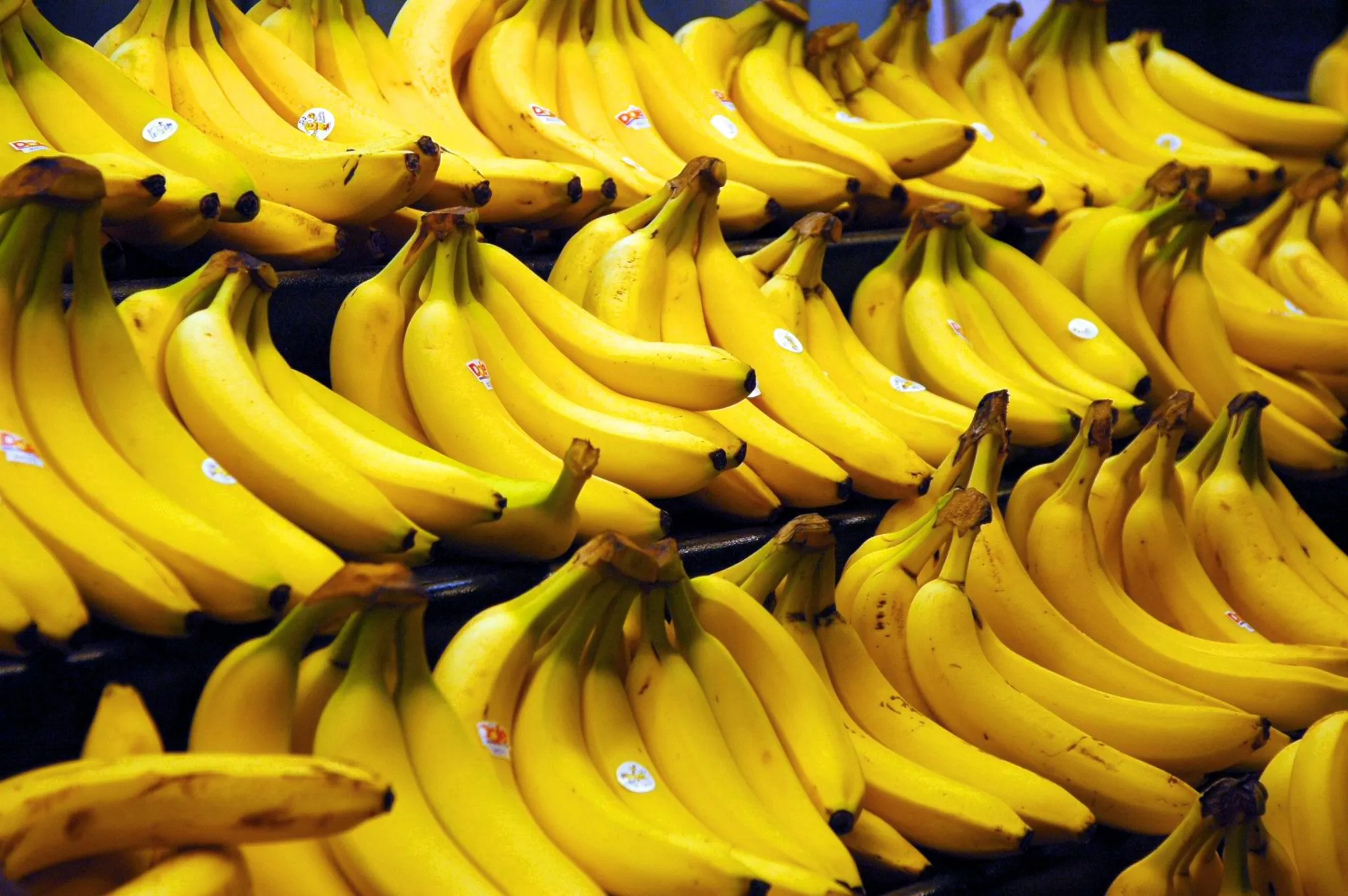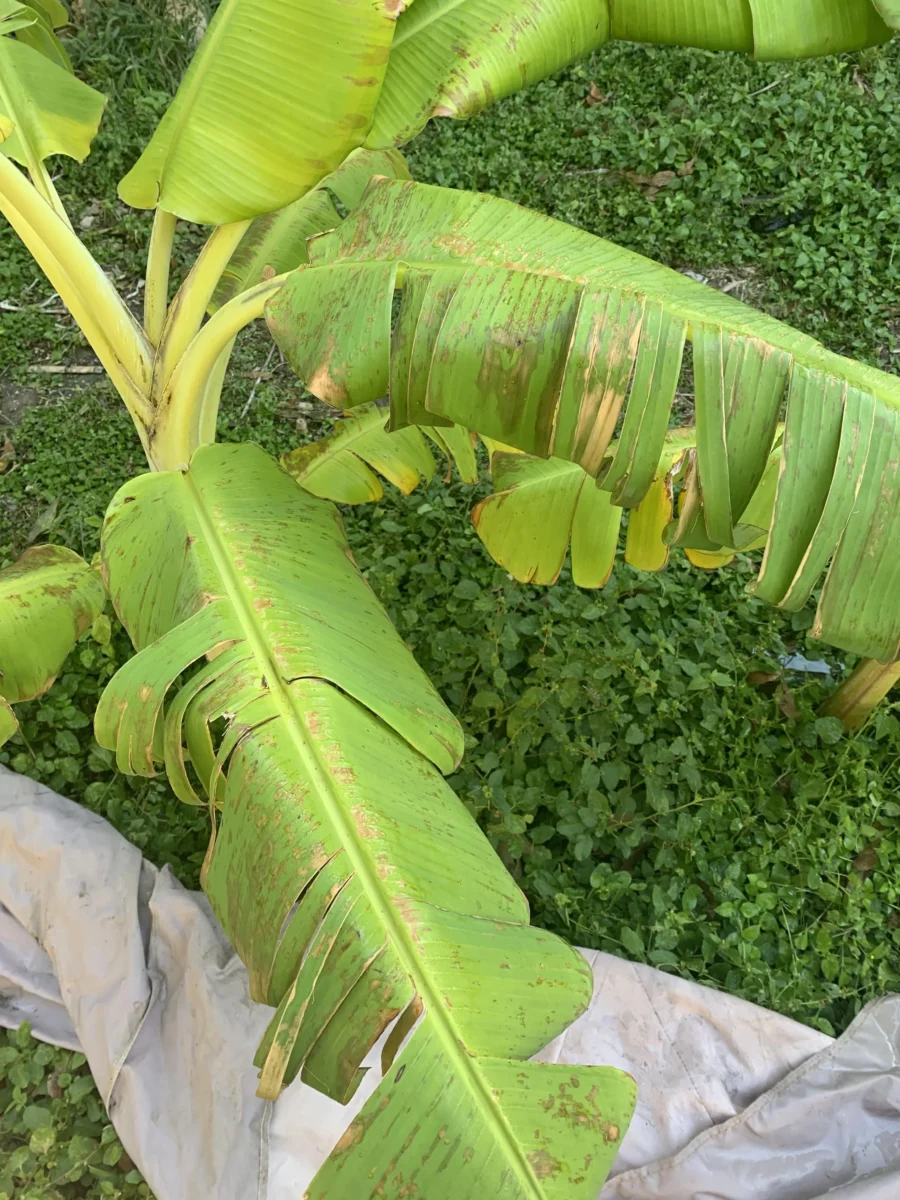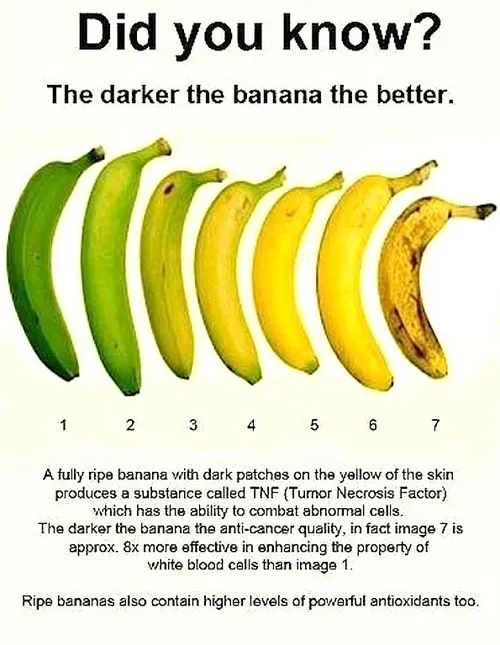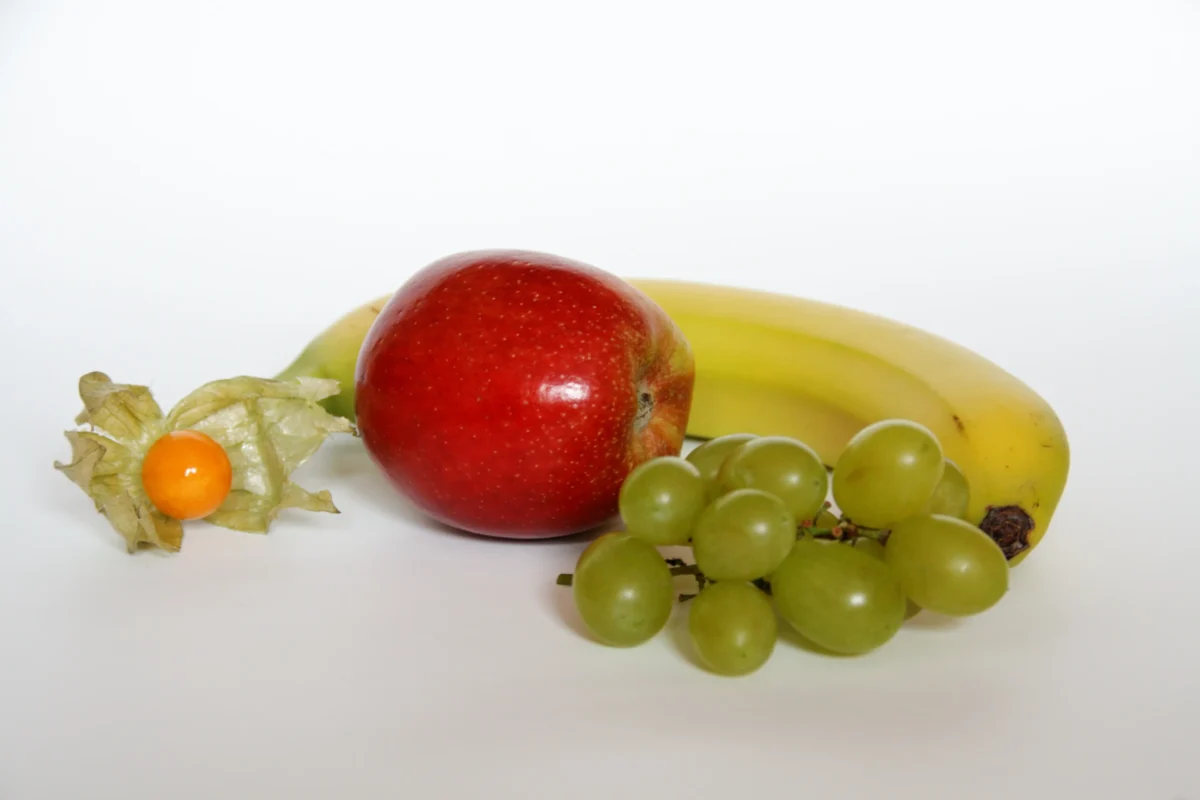Banana or Vegetable? The Truth Behind Banana Classification Decoded
The age-old debate of whether a banana can be classified as a vegetable or not has puzzled many, but fear not, we are here to settle the score. To understand the answer to this question, we’ll need to delve into what truly defines a vegetable, as well as the characteristics that set bananas apart from other fruits and vegetables.

For those looking to learn more about bananas and their classification, this article will offer an informative overview of the topic. So, without further ado, let’s jump into the fascinating world of banana classification and discover whether or not they truly fit in the vegetable category. Continue reading to learn more.
What are vegetables?
While bananas certainly fall under the umbrella of fruits, the classification of vegetables is a bit more complex. Generally, vegetables are defined as edible plant parts that are not reproductive organs (such as fruits and seeds). However, there are many exceptions to this rule.

For example, tomatoes and avocados are often considered vegetables in culinary contexts but they are technically fruits. On the other hand, rhubarb is a vegetable even though it is typically used in sweet dishes.
When it comes to bananas specifically, they are not typically classified as vegetables. However, some may argue that their starchy nature and lack of sweetness compared to other fruits make them more similar to certain types of vegetables like potatoes or plantains.
Ultimately, the classification of what constitutes a vegetable can be somewhat arbitrary and varies depending on cultural norms and scientific definitions. While bananas may not fit neatly into either category, their unique flavor profile and versatility in cooking make them a beloved ingredient regardless.
What is a banana?
Bananas are a fascinating fruit that have been enjoyed by humans for thousands of years. They belong to the Musaceae family and are scientifically known as Musa sapientum.
The banana plant is actually not a tree, but rather a herbaceous plant with a succulent stem that grows up to 30 feet tall. It produces long, broad leaves that wrap around the stem and form a canopy.
Bananas grow in clusters called hands, with each hand containing anywhere from 10 to 20 bananas. The fruit itself is elongated and curved, with a thick skin that ranges in color from green to yellow or even red.
One of the most interesting things about bananas is their nutritional content. They are rich in potassium, vitamin C, fiber, and other essential vitamins and minerals. They are also low in calories and fat, making them an excellent choice for those looking to maintain a healthy diet.
In addition to being delicious on their own or used in recipes like banana bread or smoothies, bananas also have many practical uses outside of the kitchen. The fibers found in banana plants can be used for clothing or paper production, while the leaves can be used as plates or wrapping for food.
Overall, bananas are truly an incredible fruit with many unique qualities and benefits. Whether you enjoy them as a snack or use them for more practical purposes, there’s no denying their importance both nutritionally and culturally around the world.
The characteristics that distinguish bananas from other vegetables.
As a fruit, bananas are often confused for being a vegetable due to their similar appearance to other elongated vegetables such as cucumbers and zucchinis. However, there are several characteristics that distinguish bananas from vegetables.

Firstly, bananas contain seeds which are located in the center of the fruit. Vegetables, on the other hand, do not have seeds located in the center of their structure. Instead, they may have seeds scattered throughout or on the outside of their body.
Secondly, bananas develop from a flower and grow on trees while vegetables grow from plant stems or roots. This means that bananas have a different nutritional profile than most vegetables since they develop differently.
Finally, when it comes to taste and texture, bananas have a sweet flavor and soft texture compared to most vegetables which tend to be savory with varying textures such as crunchy or fibrous.
In conclusion, although it may be easy to mistake banana for being a vegetable due to its appearance alone,it is important to understand that there are significant differences between them in terms of their development,nutrition profile ,and taste & texture . By understanding these differences , one can appreciate this delicious fruit even more!
In conclusion, is a banana a vegetable or not?
After much debate and discussion, the question remains: is a banana a vegetable or not? The answer may surprise you.
While many people assume that bananas are fruits due to their sweet taste and soft texture, they are actually classified as an herb. Yes, you read that correctly – an herb. This is because the banana plant does not have a woody stem like most trees or shrubs. Instead, it has a succulent stem that is made up of overlapping leaf sheaths.

« if banana is apple apple is grapes
The Ultimate Guide to Knowing When Your Banana Bread is Done: Tips and Tricks for Perfect Baking! »
But even with this knowledge, the debate still rages on. Some argue that bananas should be considered vegetables because they are often used in savory dishes and do not have seeds like traditional fruits. Others point out that the botanical definition of a fruit includes any edible part of a plant that contains seeds.
So where does this leave us? Ultimately, whether we classify bananas as fruits, vegetables or herbs may not matter much in our day-to-day lives. What’s important is recognizing their nutritional value and delicious taste.
Bananas are packed with vitamins and minerals such as potassium, vitamin C and vitamin B6. They also contain fiber which can aid in digestion and promote heart health. And let’s not forget how versatile they are – from smoothies to baked goods to simply eating them on their own – bananas can be enjoyed in countless ways.
So while we may never fully agree on whether bananas are fruits or vegetables (or herbs), one thing is clear – they’re definitely worth including in your diet for both their nutritional value and delicious flavor!
Check out our other articles to find out even more about banana.
Banana is a unique food that has characteristics of both fruits and vegetables. Although it cannot be classified as either a fruit or a vegetable, the nutritional benefits and versatility of banana make it one of nature’s wonders that provide great nourishment for humans. There are many more interesting facts about bananas to explore, so if you’re curious to find out even more, check our our other articles!










